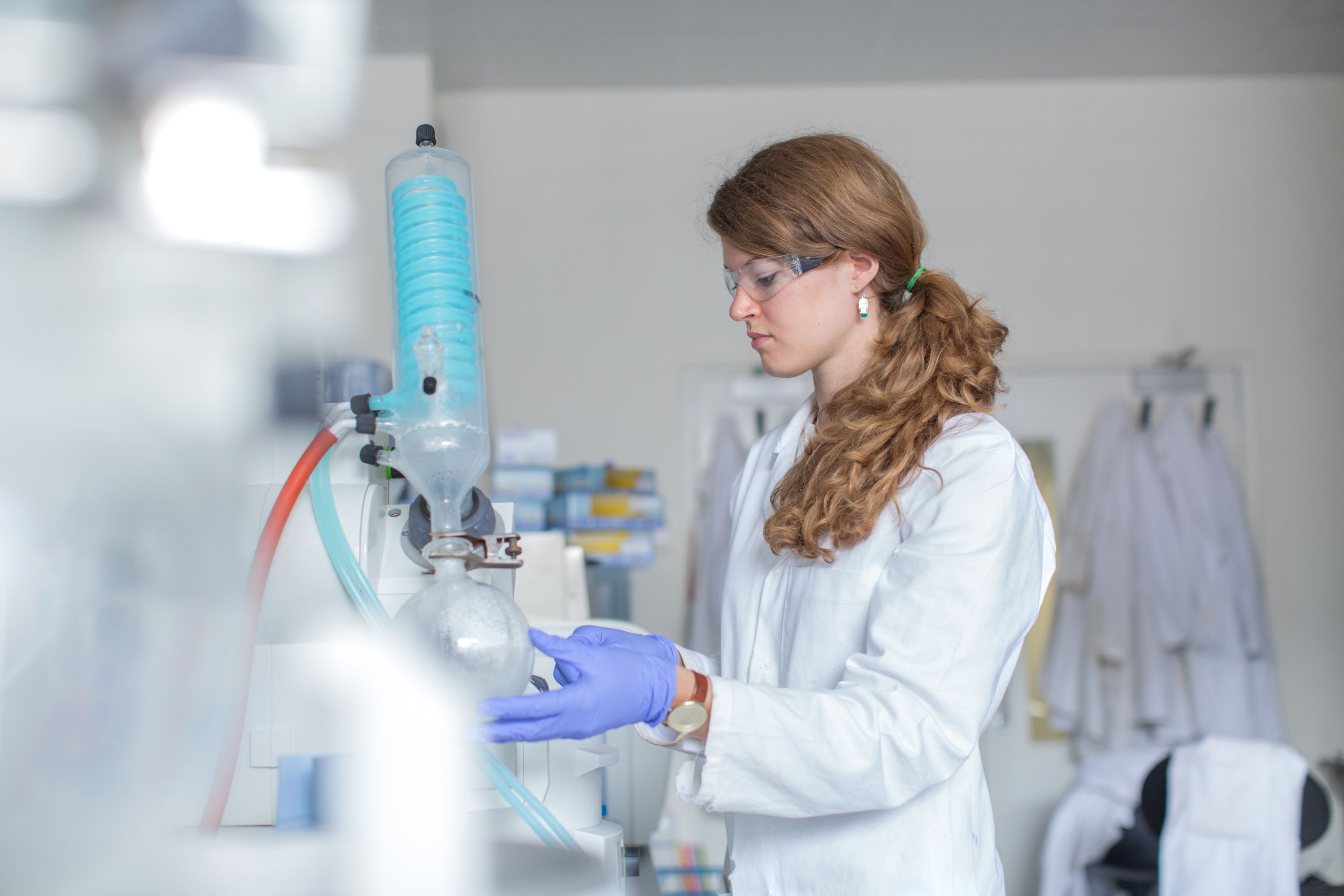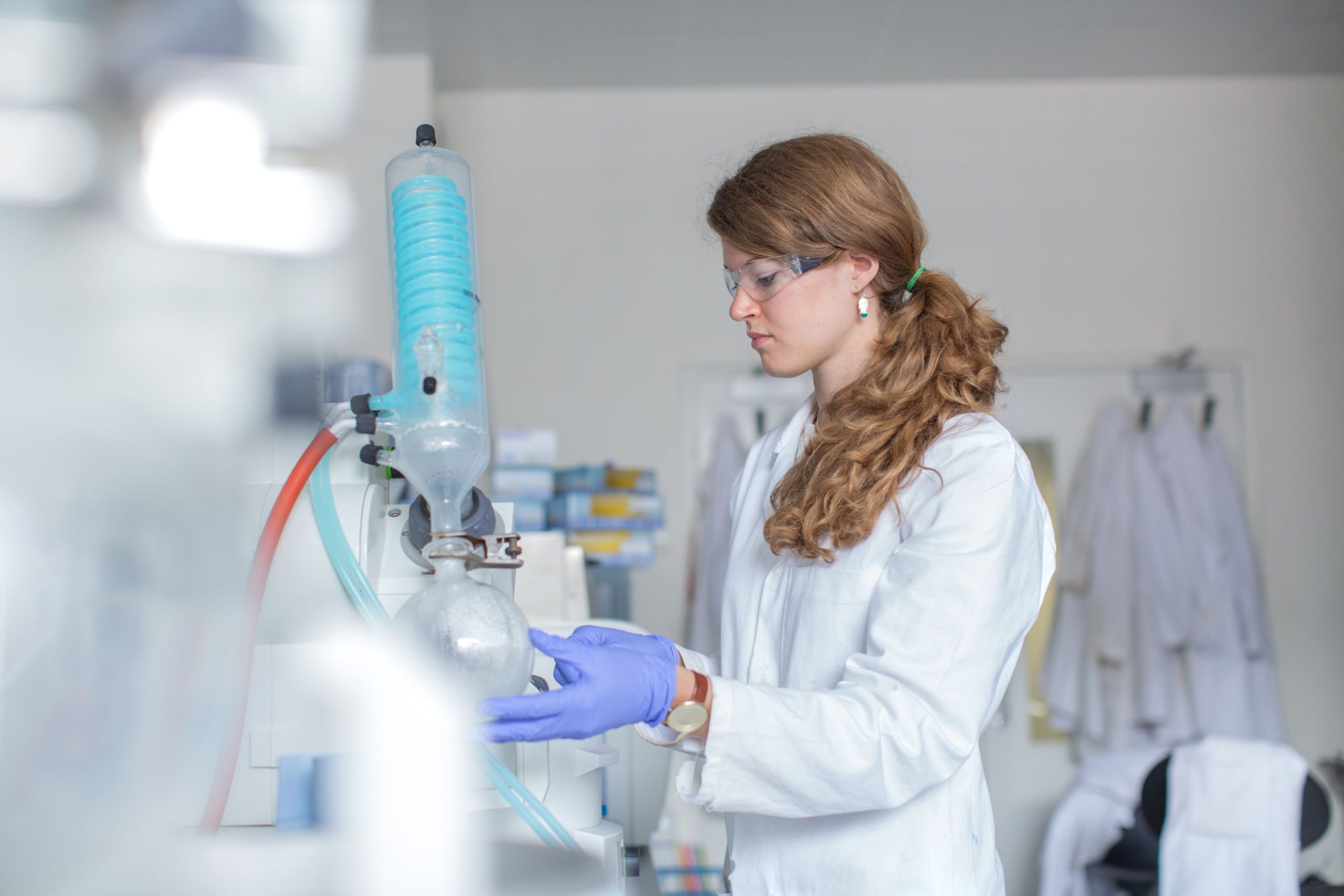
Title: The Lasting Consequences of ICI’s Collapse on the UK Chemical Sector
Almost thirty years following the divestiture and dissolution of Imperial Chemical Industries (ICI), its influence continues to be felt throughout the UK’s chemical sector. The once-preeminent conglomerate bequeathed a legacy not only through its technological advancements or financial contributions but also via the infrastructure and talent that supported Britain’s dominance in the chemicals arena. Presently, numerous industry veterans such as Norman Keane, a consultant with a focus on bioplastics and renewable chemistry, as well as Technical Director of the Bio-Based and Biodegradable Industries Association (BBIA), persist in emphasizing the void left by ICI concerning scale-up abilities, innovation trajectories, and national industrial policies.
A Vanished Titan
Established in the 1920s, ICI swiftly evolved into one of the most significant and influential chemical enterprises globally. Its research facilities became sources of groundbreaking innovations, with trailblazers at ICI acknowledged for developing polythene and Perspex—critical milestones that formed the bedrock of today’s plastics sector. At its zenith, ICI symbolized both the strength and intellect of the UK’s industrial prowess.
Keane, who became part of ICI’s Wilton Materials Research Centre in 1988 after completing a PhD in chemical reaction dynamics, notes that the firm was vital in fostering a high-caliber talent pipeline. “We had a robust group of graduates and postgraduates stepping into the industry together,” he reminisces. “Many of us are still around today—still engaged—and it was ICI that brought us in and equipped us for our roles.”
Contemporary Dispersal and Lost Chances
In stark contrast to ICI’s heritage, the current UK chemical industry is notably disjointed, primarily made up of small and medium-sized enterprises (SMEs). Although entrepreneurial in nature, these firms frequently encounter significant obstacles to growth. Many are offshoots from academic research, led by former PhD candidates choosing to commercialize their findings instead of joining corporate R&D settings—roles that are no longer as abundant as they once were.
One major obstacle is the limited access to mid-scale manufacturing capabilities—crucial for converting lab-scale innovations into market-ready products. “The scale-up facilities we possess are often prohibitively expensive and not agile enough for SMEs to utilize,” Keane expresses his concerns. Furthermore, there is a scarcity of toll manufacturing solutions, along with a deficiency of skilled process engineers capable of navigating the intricate transition from grams to tonnes in chemical production.
With domestic infrastructure lacking, numerous innovators are increasingly seeking opportunities abroad. India, for instance, is becoming a preferred ally for scaling chemical technologies, owing to its well-established pharmaceutical sector and escalating interest in specialty and bio-based chemicals.
The PEF Case Study: An Opportunity Missed?
A poignant illustration of the potential the UK may be missing since ICI is the advancement of polyethylene furanoate (PEF), a completely recyclable, plant-derived polymer. Championing this technology is Dutch firm Avantium, as PEF stands as a next-generation substitute for traditional petroleum-based plastics like polyethylene terephthalate (PET). Keane asserts that had ICI still been operational, it would have most likely taken the lead in PEF development, drawing on its existing expertise and resources in PET production to branch into sustainable alternatives.
“This is precisely the opportunity that ICI would have capitalized on—grasping a promising idea and investing to scale it up,” Keane shares.
An Industry Lacking a Strategy
Despite employing over 180,000 individuals and standing as one of the largest exporters in the UK, the chemical sector still lacks a unified national voice or strategic framework. Attempts to integrate the industry into broader industrial policy have frequently fallen short. Keane highlights initiatives like the newly launched Chemicals Innovation Forum as a positive move but recognizes that substantial effort is still required to elevate the sector’s profile.
“There’s a serious risk that we will miss the transition to bio-based and sustainable chemicals,” warns Keane. “If we’re not vigilant, we’ll find ourselves dependent on foreign imports for essential future technologies, simply due to a lack of the necessary infrastructure and supportive ecosystem.”
The Future Path
Revitalizing the UK chemical industry will not entail recreating ICI, but it does necessitate a renewed dedication to industrial integration, scale-up capabilities, and a coordinated strategic approach. Public-private partnerships, targeted funding for pilot and demonstration facilities, and enhanced graduate training pipelines are essential to ensure the UK remains competitive in the chemical landscape of the 21st century.
Keane and fellow professionals in the sector call on policymakers to acknowledge not just the economic significance of the chemical industry but its crucial role in fostering innovation across various sectors—Green energy, healthcare, materials science, and the bioeconomy all rely on it.
As global emphasis increasingly shifts toward sustainability, the demand for a cohesive, forward-looking chemical strategy is more pressing than ever. The UK must ensure it not only remembers the gap left by ICI but also begins the necessary work of
